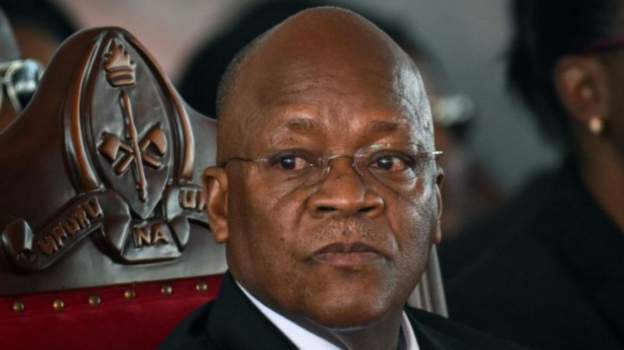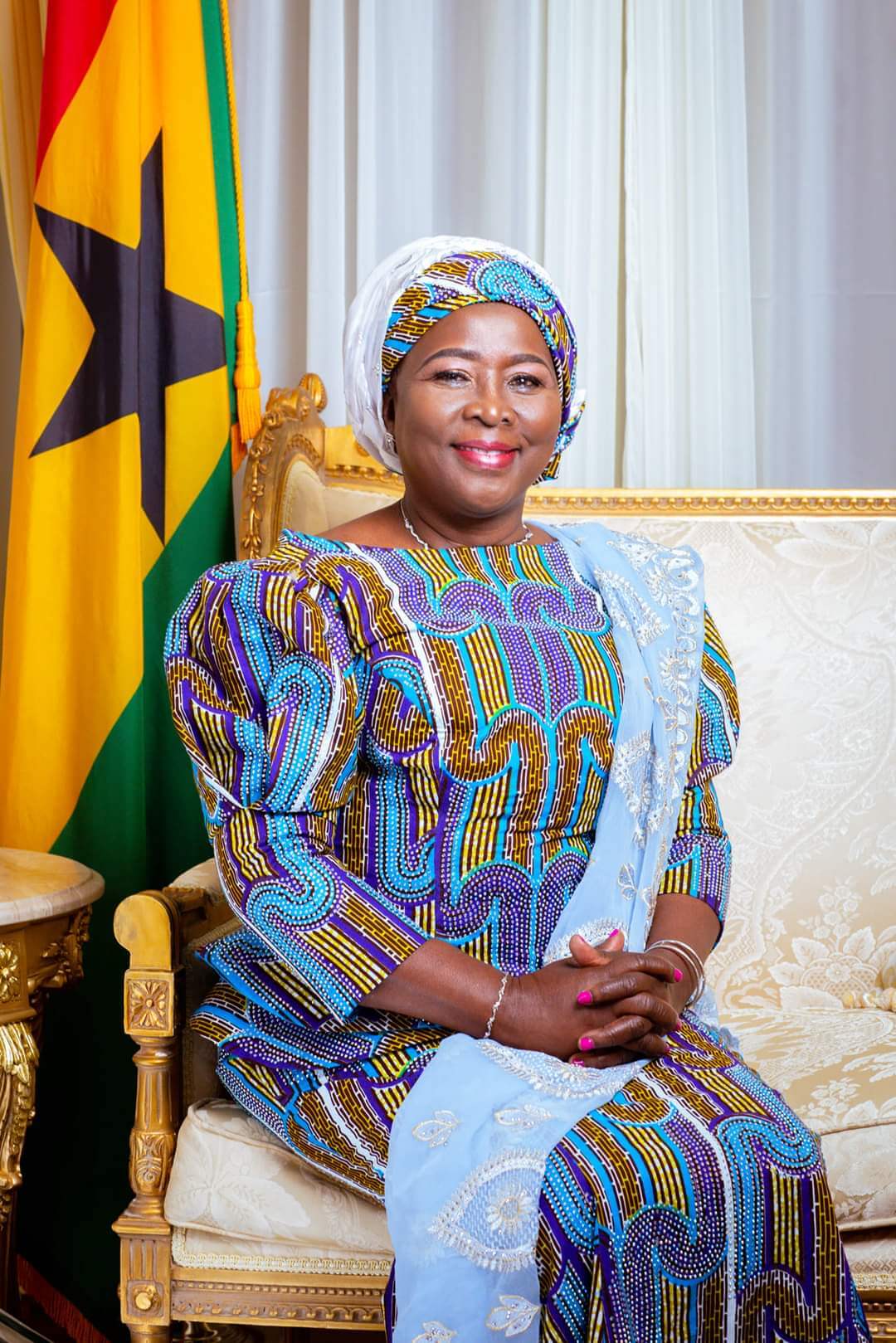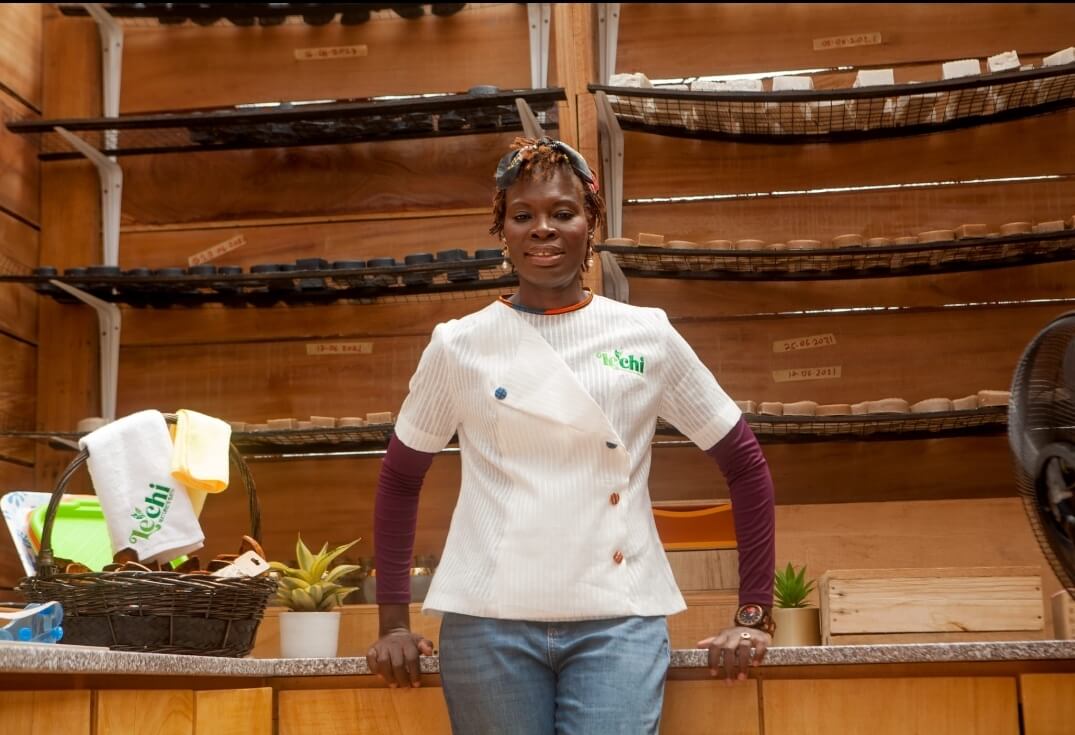Brushing an Expert with Mud Instead of an Institution: A South African Experience
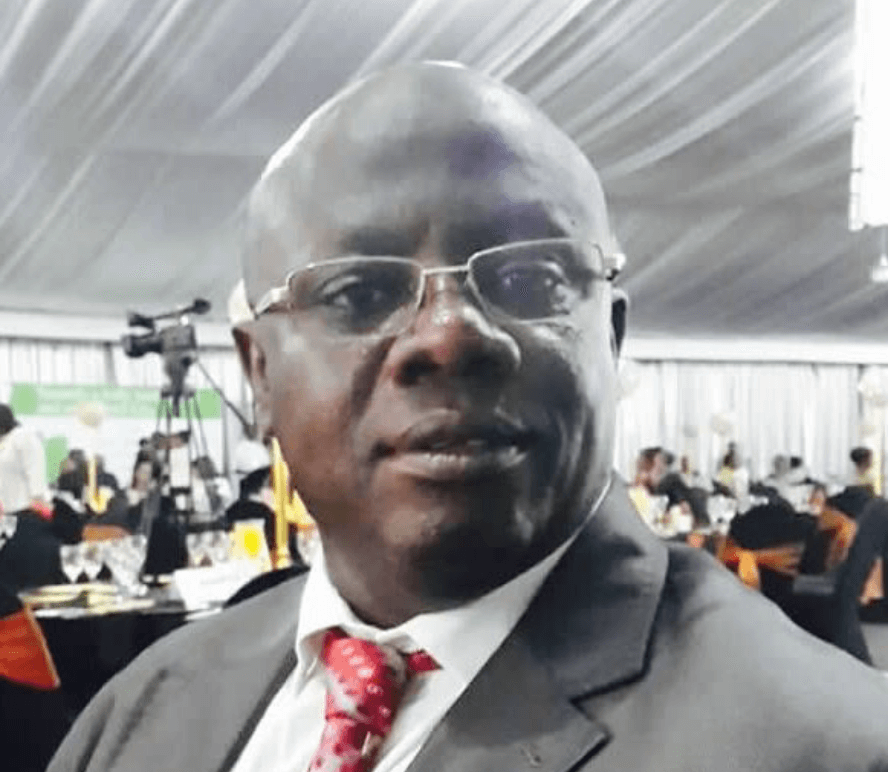
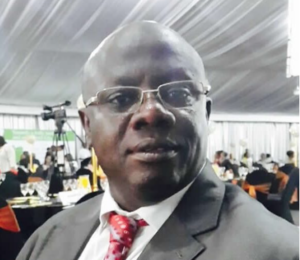
Perhaps when the brush of political vendetta, scapegoating and persecution is determined to mar a character that is admired from far and wide, it’s antidote is the compelling truth, facts, and the needed education to inform all about the reality on the ground.
For many of us either analysts, social commentators, professional broadcast journalists and discerning individuals, it is safe to say that media discourse (social media and traditional ones) alone cannot warrant the bare facts of any topical issue, thus the reason for an understanding of the background of key players and to what they contributed to the issue.
Reading an online report dated as far back as 2010 together with another online publication dated 2011 triggered some curiosity. This curiosity was as a result of the sighting of a prominent/successful Ghanaian in South Africa who seems to have suffered unduly at the hands of the politics of corporate governance and caught up with an entity showing bad faith. A first quick read of the publication suggests a heinous crime has been committed and the individuals involved were on their way to jail.
But the matter, unfortunately, is far from that.
The case of Mr. Kweku Odame-Takyi is a complete spectacle of an attempted image destruction and nothing more than finding a weak link to blame without efficient investigation and clarity of who is culpable afterward. When I took the position of neutrality to interrogate the issue with respect to Mr. Odame-Takyi sparingly, it was very important to appreciate his track record by way of history as a person and connect any dots of misconduct if any. Indeed as is espoused by psychologists and forensic experts, trails of one’s upbringing, socialization, and past conduct/character are highly evident in their present circumstances. Whiles many will find this as less important in this trilogy of an article being written in a logical manner, it will lay a foundation for us to understand who he is, what he was up to before this episode in South Africa and where he is now. This is not to belabor what we already know about his stature as an endowed financial brain.
Born in Ghana and having started his career in Ghana as well, Mr. Odame-Takyi entered the prestigious Volta River Authority (VRA) as an Accounts Officer in December 1985 to December 1986. VRA to the Ghanaians is unarguable the lifeline of socio-economic advancement and a prolific state institution. For the purposes of information sharing, VRA was established on April 26, 1961, under the Volta River Development Act, Act 46 of the Republic of Ghana, as a body corporate with the mandate to generate, transmit and distribute electricity. But this mandate has changed as far back as 2005. Following the promulgation of a major amendment to the VRA Act in the context of the Ghana Government Power Sector Reforms, the VRA’s mandate has now been largely restricted to generation of electricity. The amendment has the key function of creating the enabling environment to attract independent power producers (IPPs) onto the Ghana energy market.
In January 1987 Mr. Odame-Takyi’s working relationship with VRA caught the eye of another important institution which was into Minerals in Ghana – The State Gold Mining Corporation, another state institution that provided huge revenue for the Republic of Ghana since its inception.
Again working there assiduously as Head of Management Accounts (Tarkwa Goldfields) and Accounts Manager (Accra), he left the State Gold Mining Corporation in August of the same year and determined to reach heights of excellence by enrolling into the London School of Accountancy where he qualified as Management Accountant in 1990. This academic feat chalked by Mr. Odame-Takyi was to usher him into a management and executive position globally.
The early 90s saw the beginning of the end of apartheid in South Africa and there was the need to rapidly accelerate the fortunes of the country through human capacity, infrastructure, policy and programs to lift the country from its economic challenges and integrate black South Africans into mainstream work and social change. During this era, Mr. Odame-Takyi left London upon completing his studies and settled in South Africa of which the Provincial Treasury recruited and appointed him as a Deputy Director. Through hard work, professionalism, and understanding of the ethics of the industry, he rose to become a Director and subsequently the Chief Director.
It is important to note that between Jan 1999 – August 1999 he was in charge of the full Ministry and has been working as Chief Financial Director since April 2001 until September 2010, almost a decade. This position has since not been sustained by anyone since he left in 2010 for more than one year. This speaks volumes of the capacity and depth of Mr. Odame-Takyi and begs question: why has the un-sustainability of personnel posted to occupy that role afterward persisted.
The many questions one can allude to includes; were those employed not qualified enough? Could it be that the intricacies of the job were above them? Or maybe was there some integrity aspects they are unable to fulfill? We can find answers to these questions at another time, but for now, looking at the track record of Mr. Odame- Takyi or where he is coming from, our checks reveal that in no single instance at any given place or time has he been red-flagged for misconduct, inappropriateness, malfeasance or even fingered as conducting himself unprofessionally.
We have observed independently, his continuous cycle of having played instrumental roles in the areas of consultancy and community development. But before we get into some of the key roles and responsibilities he held after 2010, it will not be out of place to do a cursory scrutiny of the relationship Mr. Odame-Takyi had with the institutions pertaining to this issue. This is important as it will feed into whether there was a previous sighting of inappropriateness on his part or if he has been sanctioned for any misconduct before. Our findings show that Mr. Odame-Takyi served well in the capacity for which he was employed, had a cordial relationship with all, had a professional working attitude with allied agencies and no partner found him as a risk or liability.
So far, there is no evidence of an institution having an altercation with him. The records are there for all to see.
To say the least, before his departure he obtained a clean audit of his works and professional conduct for the financial year 2008- 2009. Thus it is intriguing for media pronouncement(s) and publications to ignore this fact but tow a tangent laid with major inaccuracies the fits into media sensationalism. This can only be as a result of less effort in seeking for the entire facts beyond what one hears. As we have learned throughout the issue, achieving a clean audit is not negotiable or not for one person to conduct some form of “Standard Operating Procedure (SOP)” and decide its outcome. These activities are usually, professional, scientific, a systematic investigation of immense work and validation at different levels by an independent authority. In this instance, the Auditor General’s Department of the Republic of South Africa.
As we have learned throughout the issue, achieving a clean audit is not negotiable or not for one person to conduct some form of SOP and decide its outcome. These activities are usually, professional, scientific, a systematic investigation of immense work and validation at different levels by an independent authority. In this instance, the Auditor General’s Department of the Republic of South Africa. It must also be noted that these are not done necessarily because someone is alleged or suspected of an offense in an establishment or organization, but a practice aimed at improving systems of policy and programs, and to advance the overall financial fortunes of that very organization.
So the big puzzle we may have to chew on is that how can one have a clean audit, and yet be found culpable. This is not to question – for lack of a better word of expression – the cleanness of the audit but throw the searchlight on the conduct of the institutions (excluding the Auditor General’s Department of the Republic of South Africa) in this episode amidst a clean audit. Let’s not forget that Mr. Odame-Takyi as an individual cannot audit himself, therefore, he needs to question the actions of the institutions involved especially where their interest lie in this issue.
The point of view expressed here seeks to question if enough due diligence was done by way of correspondence during the said investigation at every stage, and was it devoid of interference to influence the outcome and was all angles of the issue considered to the latter? If we can string these together by way of evidence and demonstrate ample clarity here, the notion of witch-hunting could be dropped.
In any case, by a clean audit, what it means is that, whether it was conducted before or after the allegation, it is indicative of the fact that Mr. Odame-Takyi did not misconduct himself in his line of work as we are being made to believe.
As indicated earlier, the happenings of 2009 was not a career end of Mr. Odame-Takyi. From September 2010 he worked as a Project Manager at Mosiamesi Business Consulting in South Africa and distinguished himself in that regard.
Through hard work, he rose from that position to become the Strategic Advisor to the CEO of the company (Mosiamesi Business Consulting – South Africa). He was however in August 2016 appointed as Director of KNEWCO; a consulting firm he co-founded where he doubled up as a Community Liaison specialist and Administrator. In all these, not only are we beginning to see the trail of a man who has been honest or successful, but has displayed a wealth of knowledge thus the clamor for him by institutions (both governmental and nongovernmental) across the continent to work with him.
It is therefore not surprising that as of September 2017, Mr. Odame-Takyi was invited by the Management Development & Productivity Institute (MDPI) and appointed the Director General of the institute in that regard. MDPI is an establishment of the government which has an objective to promote increased productivity in both public and private organizations, primarily in Ghana, to enable them to contribute to the growth of the economy on a sustainable basis. Their vision is to be a market leader in Productivity Improvement Strategies Development and the promotion of Best Management Practices.
In conclusion, this article has painstakingly interrogated the background of Mr. Odame-Takyi to identify if there has been gaps or misconducts in his working career. And if his character has ever negatively affected his work. It is fact that none was determined because nothing of that nature existed. It also tried to analyze the unfortunate “fingering” publication dated 2010 in a South African tabloid, and the said investigation that took place. It was observed that the investigation didn’t consider appropriately all the views of all the institutions involved, and in their haste, was determined to point a finger at anyone. It noted that this was a case of institutional crises and shouldn’t have been personalized to affect individuals. It also highlighted the progress Mr. Odame–Takyi had made ever since he moved on from 2010.
Indeed the lessons here for the media and the wider audience is that whiles the media is the frontier of global engagement, it owes us the responsibility to not only be interested in scoops alone but do due diligence on their reportage so that it can better shape the orientation of its audience and serve our interest.
Further investigations have revealed that both the Political head and all the agents who orchestrated this action against Mr. Odame-Takyi have since left the departments under dubious circumstances.
Author: Sledge Davids
Oral Ofori is Founder and Publisher at www.TheAfricanDream.net, a digital storyteller and producer, and also an information and research consultant.

